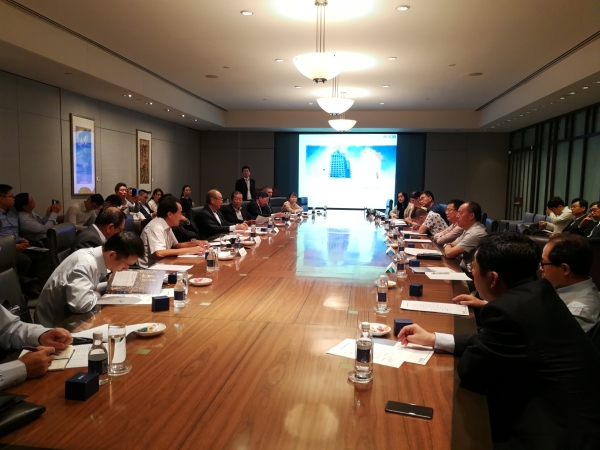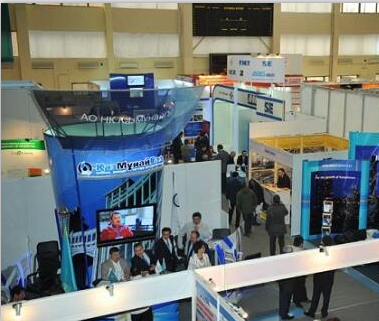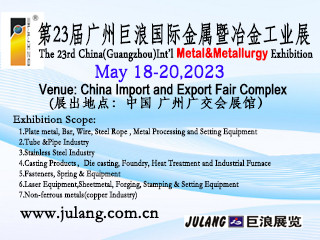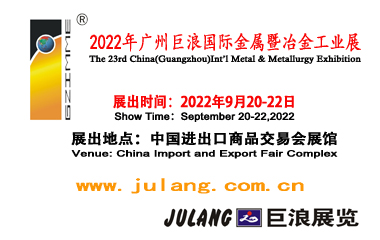This year marks the 45th anniversary of China's reform and opening-up. The nation has, during this period, greatly stimulated market and social vitality, and achieved a historic leap forward in economic modernization, through the establishment and continuous improvement of the socialist market economy.
Today, in the face of profound and complex changes in the internal and external environment, China stands at a historic juncture in comprehensively deepening reform and promoting opening-up.
China must accomplish major tasks, such as achieving high-quality economic development, advancing the building of a modern economic system, and promoting a rebalancing of the global economy.
All these tasks constitute a historic mission that the country should, and must, shoulder as it comprehensively promotes further reform and opening-up.
China's reform remains the key to solving development challenges. Important breakthroughs should be made in deepening reform to improve development expectations.
At present, China is still in a critical period of structural transformation and upgrading of its economy. Faced with many challenges, such as increasing uncertainties in the external environment and fluctuations in domestic economic growth, it must unswervingly stick to the principle that development is the top priority, and stimulate market vitality to unleash medium- and long-term economic growth potential with important breakthroughs in deepening reform.
China should be assured in relying on reform to boost the confidence of market players and revitalize its growth momentum.
It is estimated that, by 2035, China's proportion of producer services in its GDP will rise from about 30 percent to 50-60 percent; its proportion of services consumption expenditure in total consumption expenditure is estimated to rise from 43.16 percent to about 60 percent; and its urbanization rate in terms of residents with urban household registration is also estimated to rise from 47.7 percent to about 65 percent. These are the fundamentals of China's economic landscape, and sources of its confidence to achieve about 5 percent annual economic growth rate in the next 10-15 years.
Restoring market confidence and stabilizing development expectations depend on pragmatic actions to deepen reform. This requires not only further deepening market-oriented reforms to unleash the vitality of the private sector, but also structural reform to unleash the potential of economic growth.
China should take practical measures to deepen market-oriented reform to revitalize market players. With 1.4 billion people, more than 400 million middle-income earners, and 170 million market players, China boasts the world's largest consumer market with the greatest potential.
The current weakening of development expectations has become an important factor behind the lack of vitality of market players. To boost market confidence and the morale of market players, especially private enterprises, it is necessary to firmly stick to the policy of working unswervingly to consolidate and develop the public sector and to encourage, support and guide development of the nonpublic sector, something that has been repeatedly emphasized by the top leadership.
The business environment should be optimized with a focus on strictly defining government regulatory behavior.
To implement the requirements by the 20th National Congress of the Communist Party of China to deepen market-oriented reform of allocation of production factors and build a high-standard market economy and a unified national market, the core is to regulate government behavior and create an open, fair and just market environment to promote competition.
Today, China faces profound and complex changes on both the international and domestic fronts as it comprehensively deepens reform and promotes opening-up. Therefore, we must strengthen our confidence and build consensus on reform, enhance expectations for supporting reform and, with greater courage, make important breakthroughs in this respect.
To deepen reform, the country must proactively tackle the challenge of adjusting the needs of different interest groups.
Previous reforms have benefited a majority of the people. Today, deepening reform means policymakers must address the needs of various interest groups, which is the "hard bone" of reform.
To deepen reform, the question of how to act to achieve proper adjustments for various interest groups must be answered. Reform needs courage and action. It is urgent to stop formalism featuring, for example, chanting slogans, and refrain from using paperwork to avoid practical work, or reform only through the issuing of documents.
In short, making important breakthroughs in deepening reform calls for more "reform doers" and bolder and more pragmatic actions.
According to the strategic plan of comprehensively deepening reform issued by the Third Plenary Session of the 18th CPC Central Committee in 2013, important progress and breakthroughs have been made in some reforms in the past 10 years. Yet, at the same time, more substantive progress needs to be made.
People are the main acting subjects of reform. To comprehensively deepen reform and opening-up, China must mobilize the enthusiasm of people from all walks of life. It should combine top-down design with bottom-up grassroots innovation, and encourage and support people across the board to participate in reform.
Opening-up remains the key to advancing reform and promoting development. China should take major measures to advance high-standard opening-up to form an important driving force to facilitate the deepening of reform.
To adapt to the general trend of the accelerating evolution of "profound changes unseen in a century", China must firmly promote high-standard opening-up with free trade as the main component, so as to facilitate its reform and development and help it stand out in international cooperation and competition. In this sense, opening-up is the biggest element promoting development, reform and security in China.
China must achieve greater market openness. Expanding market opening-up remains an important driving force for China's economic restructuring and upgrading. For example, from 2012 to 2022, China's consumer goods imports more than doubled, which contributed to the transformation and upgrading of its consumption structure.
In the next few years, against the backdrop of an expected weak expansion of global market demand, further liberalization of China's market will mean more impetus injected into the world economy.
China should also resort to institutional opening-up to push forward institutional reform. Institutional opening-up is directly related to institutional reform. China's voluntary application to join the Comprehensive and Progressive Agreement for Trans-Pacific Partnership, for example, can help it introduce high-standard international economic and trade rules, and to pressure domestic deepening of reform by dovetailing with international rules and standards.
To carry out institutional reform, China should comprehensively outline the role of competition policy to ensure that domestic and foreign investors, and private and State-owned enterprises, are all treated equally in terms of access to production factors, market access, corporate operation, government procurement and bidding.
The country should make major breakthroughs in free trade through unilateral opening-up.
President Xi Jinping, in his keynote speech at the opening ceremony of the 3rd Belt and Road Forum for International Cooperation last month, announced eight major steps the country will take to promote the Belt and Road Initiative.
These are important measures for the country's proactive opening-up. China can formulate and implement country-specific and sector-specific policies for unilateral opening-up to the Association of Southeast Asian Nations to make breakthroughs in the promotion of free trade between both sides.
As the world economy faces a possible "lost decade", China's important breakthroughs in promoting further reform and opening-up will help it achieve sustainable economic growth in the medium and long term, and at the same time, contribute enormously to global economic growth and rebalancing, while playing an important role in pushing forward a new round of economic globalization.









